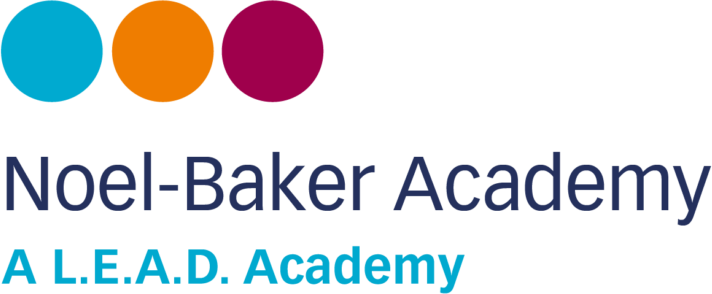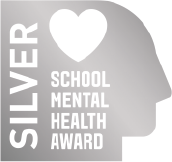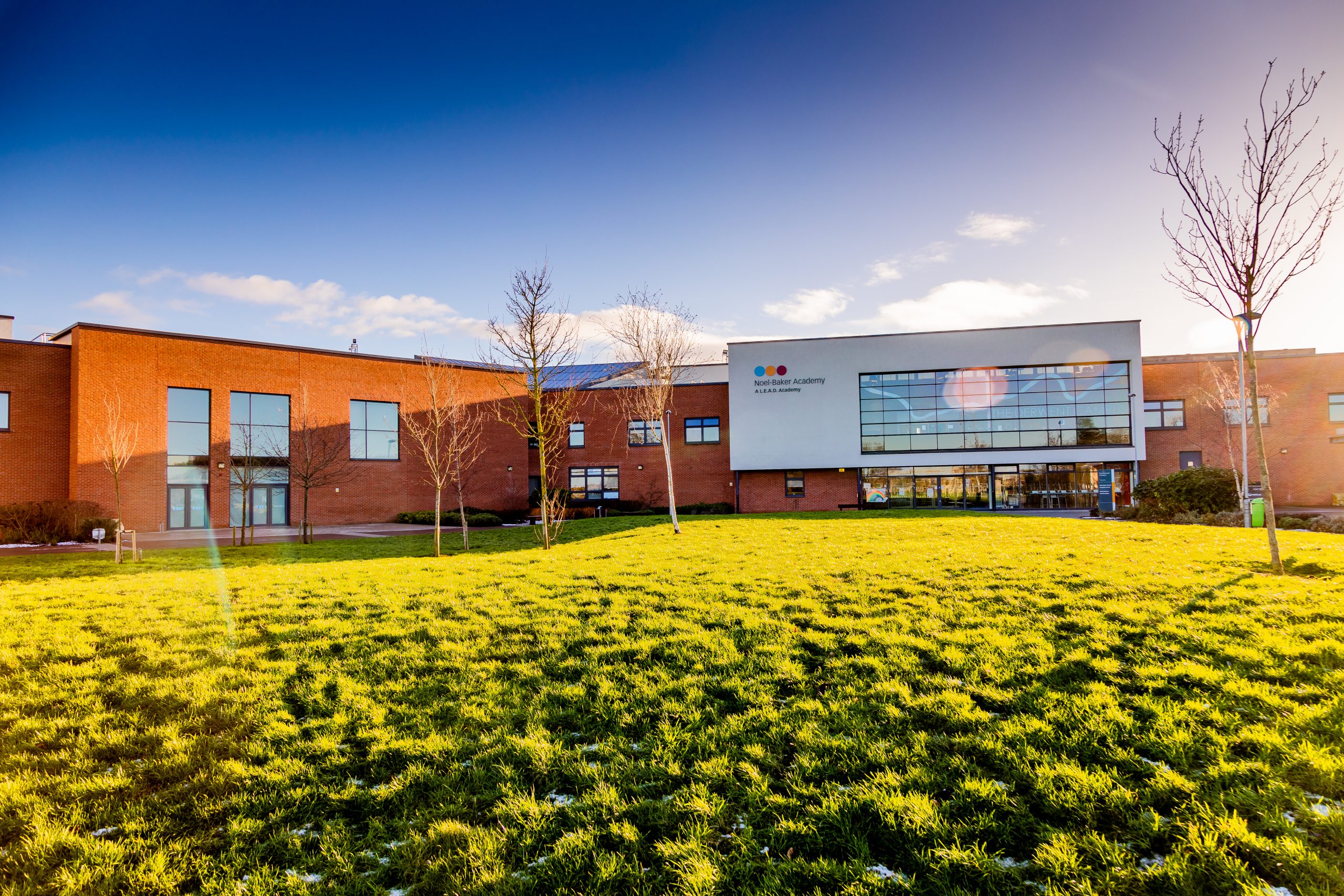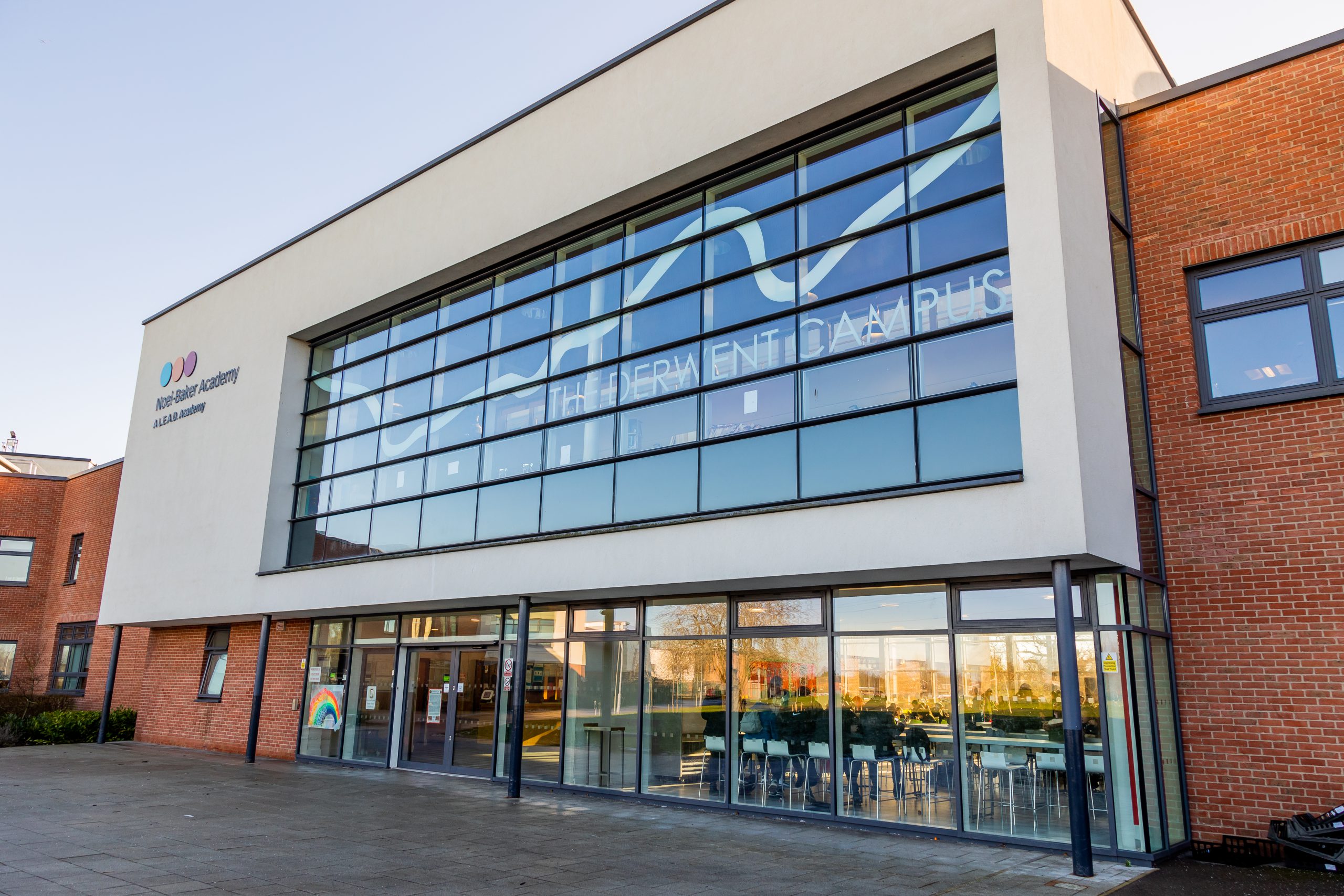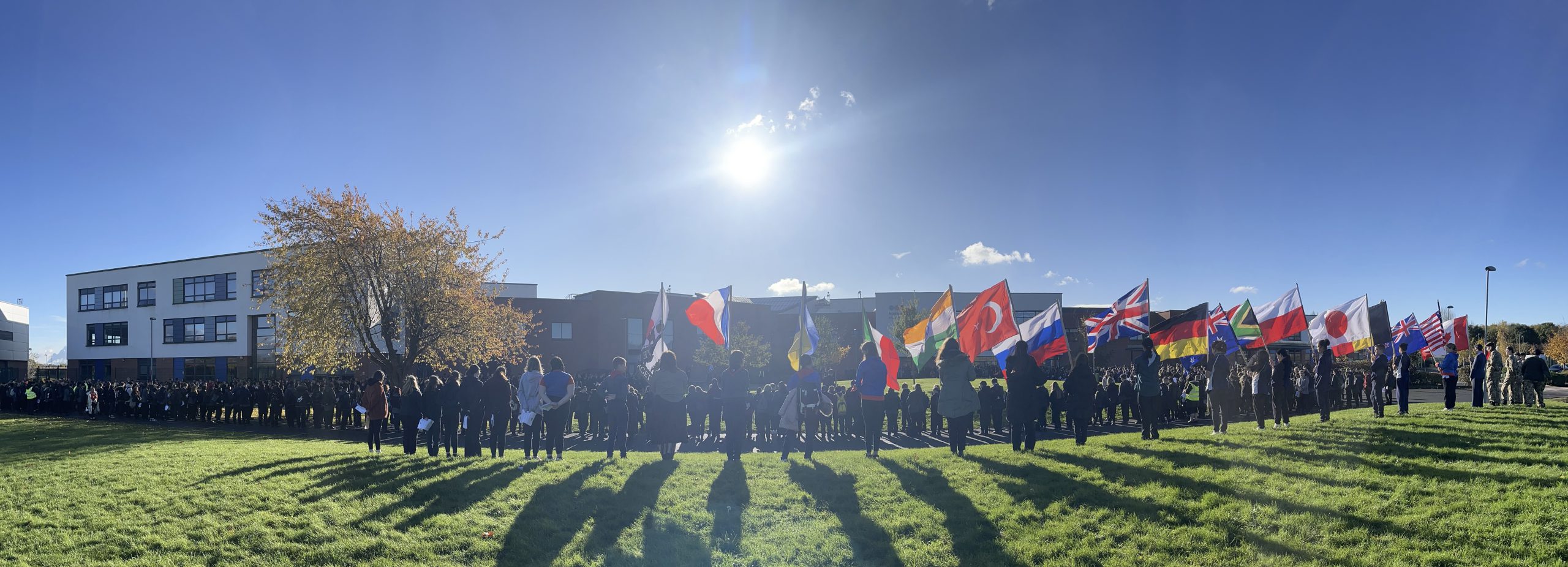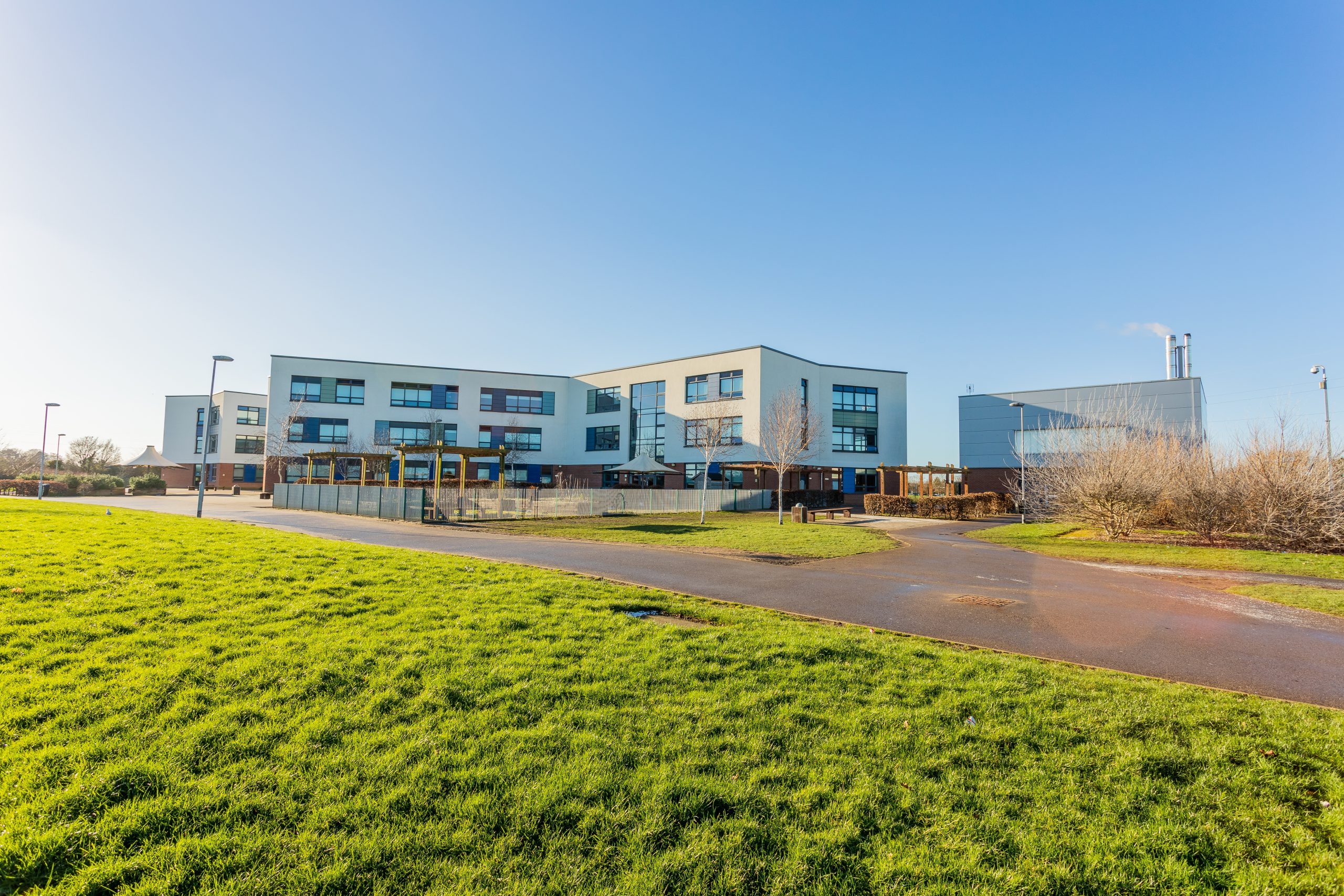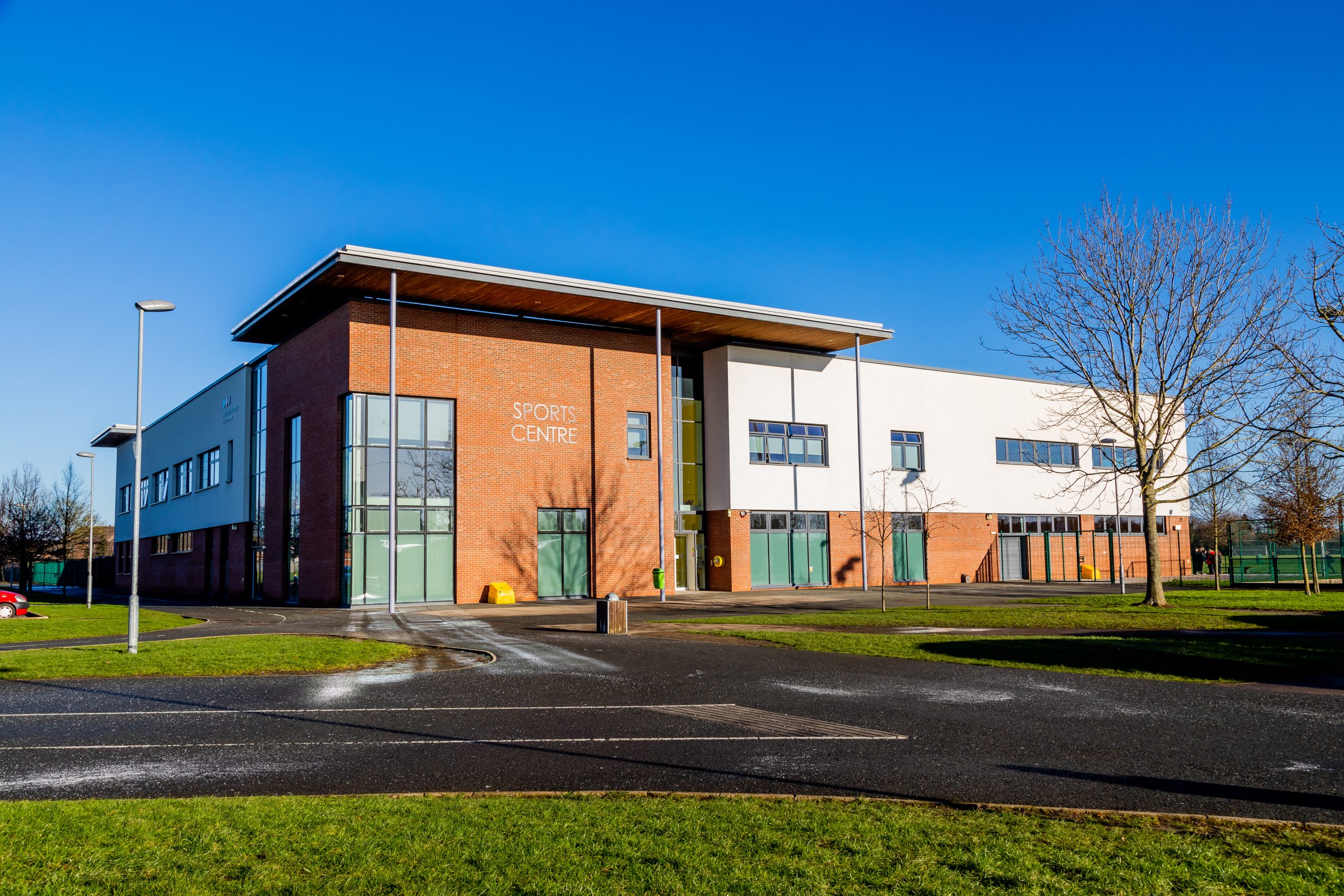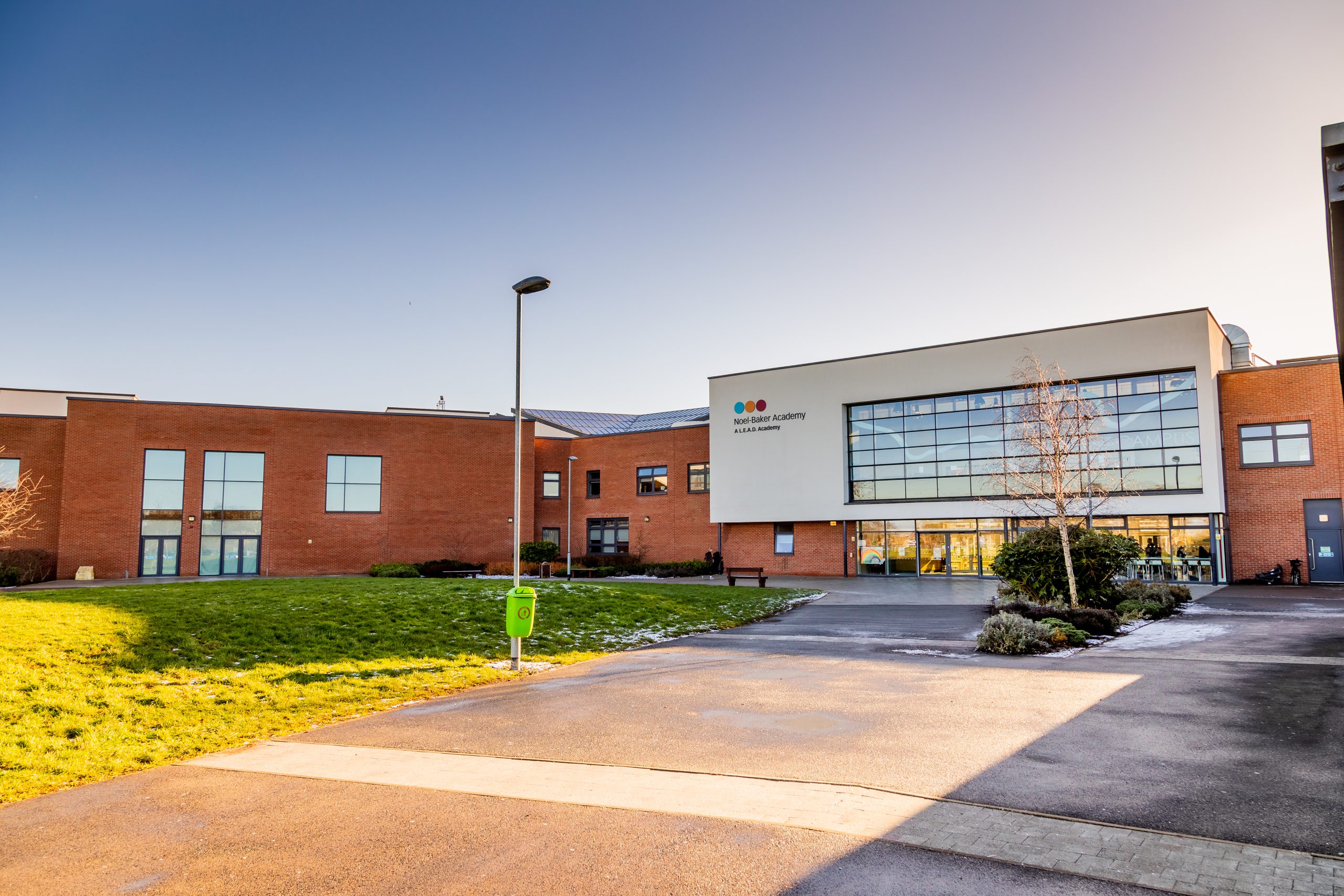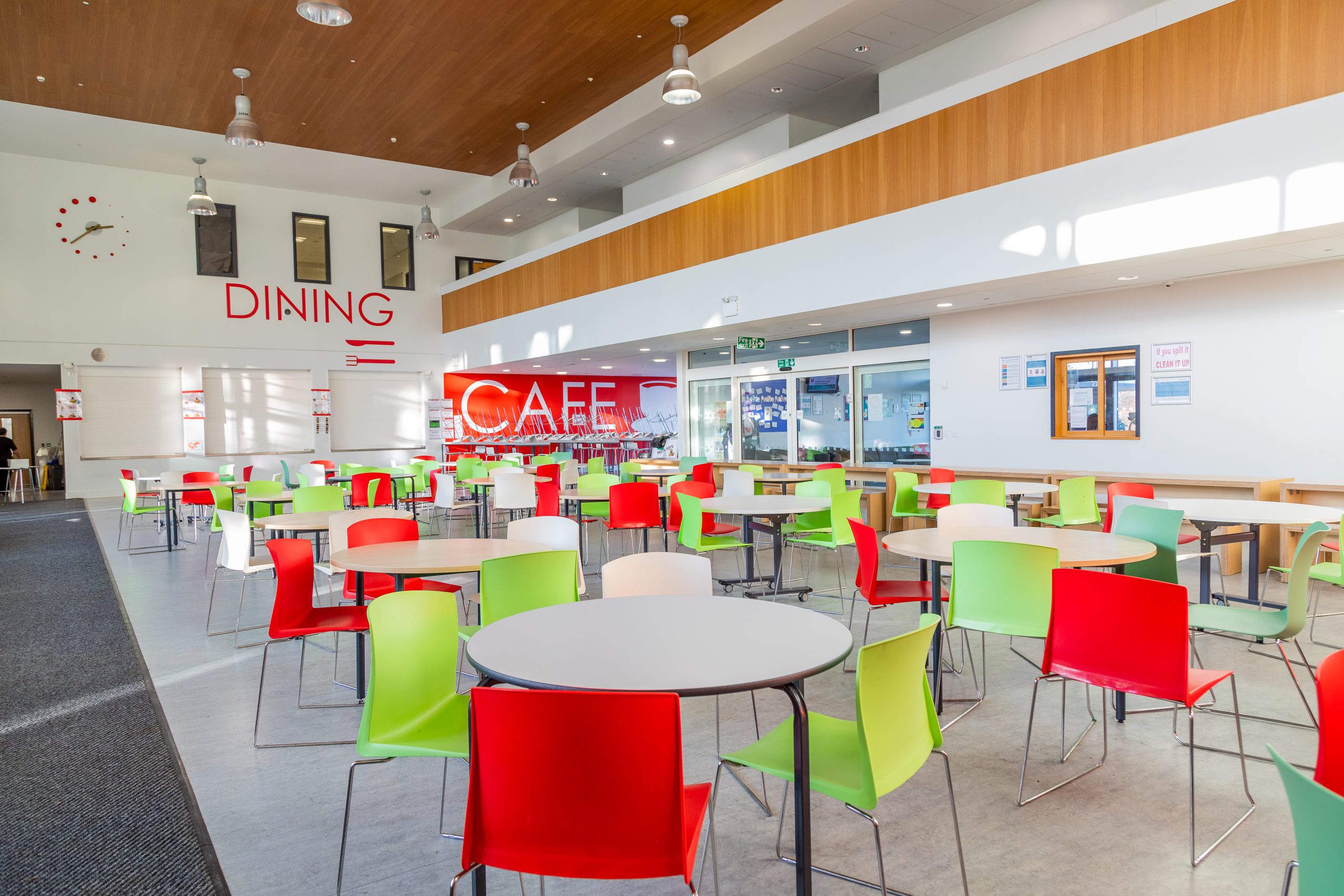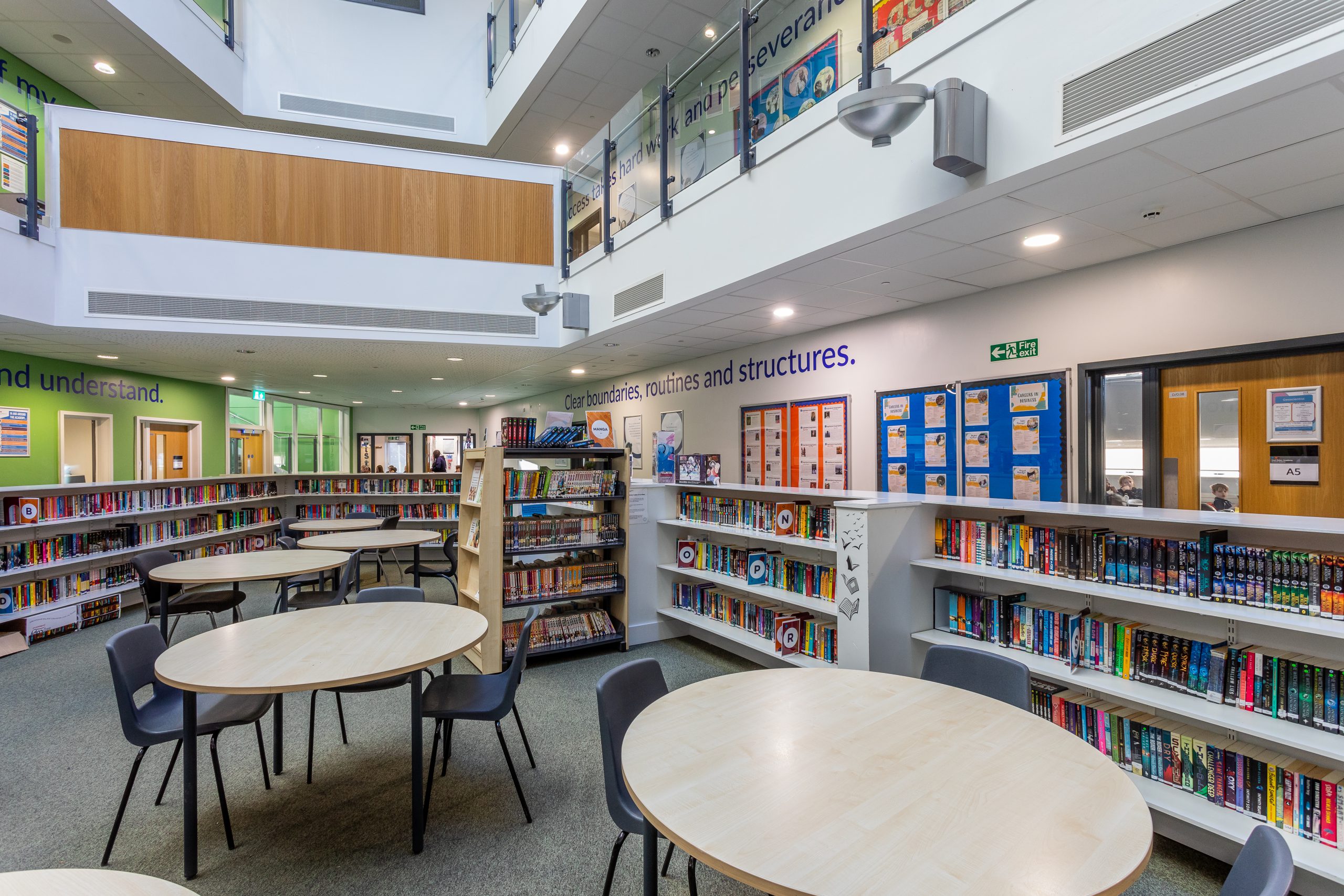Art Curriculum Overview
Welcome to Art at Noel-Baker Academy
“The art challenges the technology and the technology inspires the art”
John Lasseter – Chief creative officer of Pixar
At Noel-Baker, pupils are entitled to a broad and balanced Art, Technology and Food curriculum which inspires and challenges students and builds upon prior knowledge. In Years 7, 8 and 9 pupils have a lesson of Art and a lesson of Technology every week. They will also have a lesson of food within the Technology rotation. Our Art, Technology and Food curriculum for KS3 has been designed to sequentially teach students the skills and techniques necessary for them to become independent learners in this field. We aim to equip them with lifelong skills which are interchangeable skills applicable to many future roles.

Most projects within the Art, Technology and Food have a basis in drawing or a practical element, we then build upon these essential skills by introducing a wide range of techniques to both stimulate the students and prepare them for further studies. Lessons provide students with the opportunity to think creatively whilst learning a range of techniques and knowledge through drawing, exploring different media, making and food production methods.
The curriculum aims to develop students critical abilities and understanding of their own and others’ cultural heritages through studying a diverse range of artists, designers, cultures throughout history. Additionally, it is hoped that students develop skills that open doors to the next level of education and beyond.
Mr Pender – Head of Art and Design Technology
Year 7 Curriculum Overview
Unit 1: Celebrations – Still Life
Students are introduced to Formal Elements of Art, developing skills with observation drawings using tone. Students study Vincent Van Gogh and develop the ‘Impasto’ technique with colour.
Students will showcase skills learned and produce an outcome painting inspired by Vincent Van Gogh.
Unit 2: Celebrations – Pop Art
Students produce work based on the theme Celebrations to enable them to develop critical and contextual understanding of various subject matter. Following on from Unit 1 where they have learnt the formal elements they will continue to embed them further as they progress in their artwork.
Pupils will understand what Pop art is and use this to develop their work looking at recycled materials, consumerism and the modern world.
Year 8 Curriculum Overview
Unit 1: Identity – Portraits
Students develop work based on portraits and the theme Identity. Students will analyse the work of contemporary artist’s Tai-Shan Schierenberg and Chila Kumari Burman.
Pupils are to produce an outcome of a self-portrait by applying a monoprint technique and then develop this using various mixed media techniques.
Unit 1: Layers – Landscapes
Landscapes have been a choice of subject matter of inspirational artists over many different art movements, pupils explore landscapes that have inspired different artists to explore new techniques and styles.
Pupils will learn how Claude Monet used different colour combinations and gestural mark-making techniques in order to capture moments in time. This unit builds upon previous skills learnt in previous schemes such as mark-making and colour theory.
Pupils will develop various impressionist techniques, they will then apply this to their own landscape images in order to develop independence.
Year 9 Curriculum Overview
Unit 1: Identity – Portraits
Students develop work based on portraits and the theme Identity. Students will analyse the work of contemporary artist’s Tai-Shan Schierenberg and Chila Kumari Burman.
Pupils are to produce an outcome of a self-portrait by applying a monoprint technique and then develop this using various mixed media techniques.
Unit 2: Layers – Landscapes
Landscapes have been a choice of subject matter of inspirational artists over many different art movements, pupils explore landscapes that have inspired different artists to explore new techniques and styles.
Pupils will learn how Claude Monet used different colour combinations and gestural mark-making techniques in order to capture moments in time. This unit builds upon previous skills learnt in previous schemes such as mark-making and colour theory.
Pupils will develop various impressionist techniques, they will then apply this to their own landscape images in order to develop independence.
Year 10 Curriculum Overview
Course information
Two folders are created throughout the course, a coursework folder and an examination folder. The coursework folder is developed throughout Year 10 and one term of Year 11 and constitutes 60% of the overall grade.
The examination folder is started in the Spring term of Year 11 and follows a theme given by the examination board, the folder constitutes 40% of the final grade and culminates in a practical examination sat over a ten-hour period. Both folders contain an investigation of the artwork by established artists and artwork produced by the student.
Students must also produce written work exploring the theme, analysing artwork and explaining their personal response to the project.
Key topics taught
Drawing from first hand and second-hand sources using a range of mark-making techniques.
Experimentation with a range of materials and technique.
Development of painting skills with an emphasis upon the use of materials with the aim of producing large pieces of work to a high standard.
The study of key themes in Art, for example, portraiture and landscape exploring these themes within the contexts of culture, history and contemporary practice.
GCSE Art – Autumn 1 and 2
Introduction to theme and course content. Pupils to begin thinking about how they might develop an individual and personalised approach to the wider theme.
Exploration of techniques, materials and processes.
GCSE Art – Spring 1 and 2
Teacher led workshops: Exploration of techniques, materials and processes.
Further exploration of individualised responses to the theme by the pupils.
GCSE Art – Summer 1
Personal project development. Exploration of theme through use of materials and techniques. Pupil driven development and Teacher led workshops.
GCSE Art – Summer 2
Understanding of Assessment Criteria, further development of ideas and refinement of work.
Year 11 Curriculum Overview
GCSE Art – Autumn 1 and 2
Full investigation of the theme. Work annotated and all assessment objectives met.
Mock exam preparation. Further development and refinement of techniques, materials and processes.
Externally set assignment
Exploration of GCSE theme for Externally Set Assignment. Full investigation of the theme: development of ideas, recording from experience, artist research, exploration of materials and techniques. Development of an individualised approach to the wider theme.
